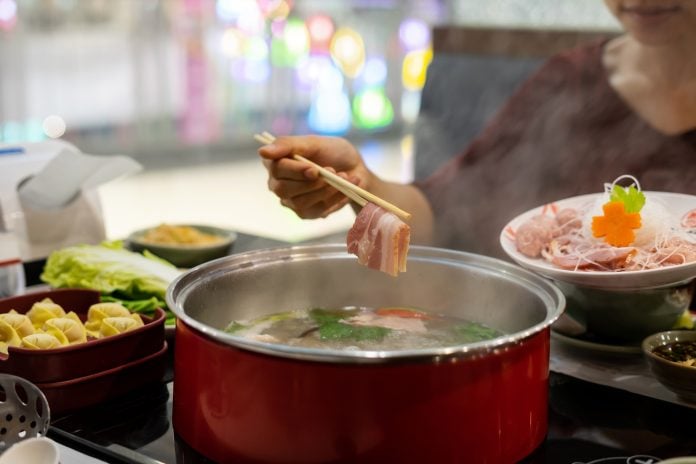Key Takeaways
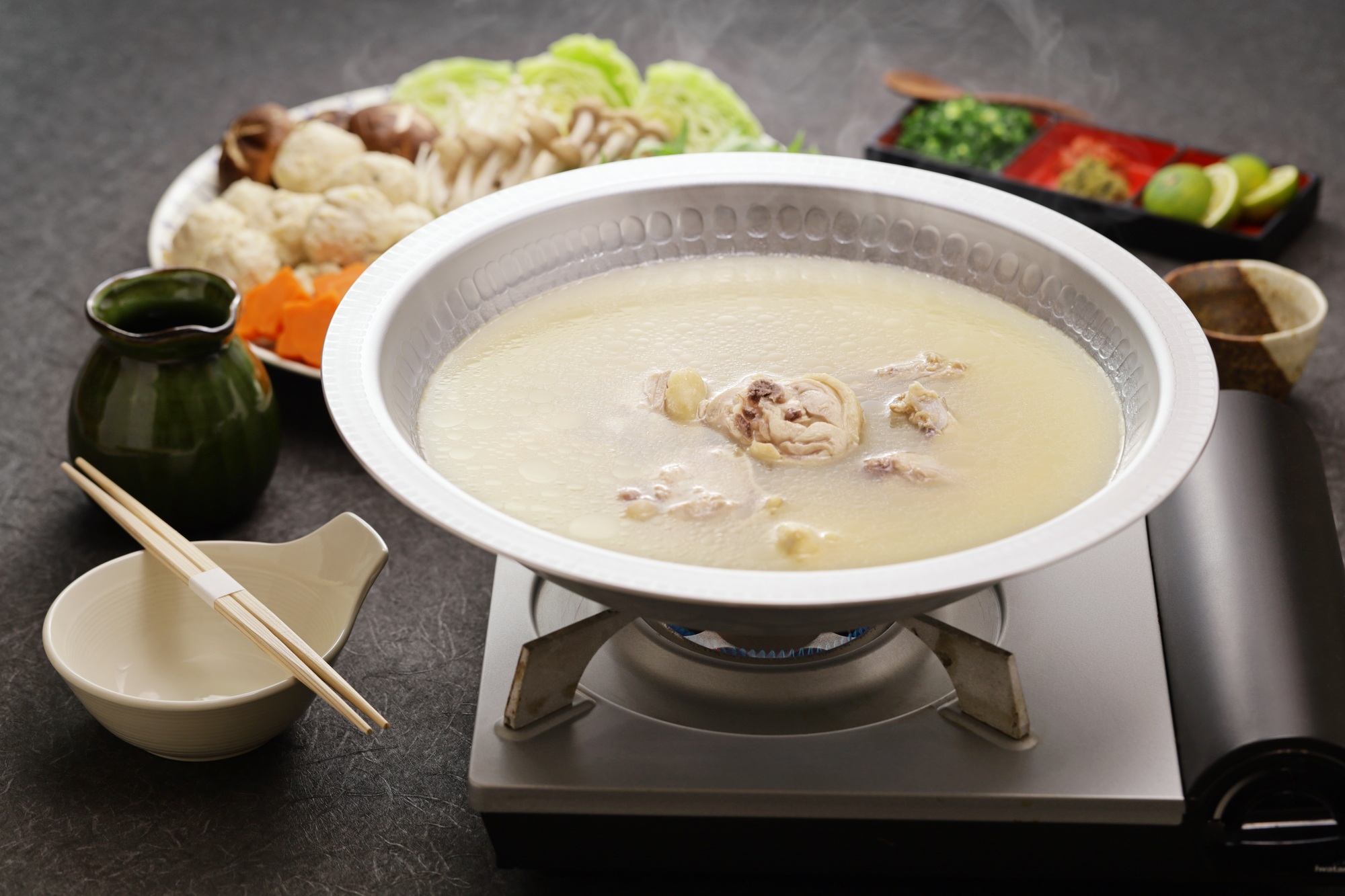
- Rising Popularity: The hot pot dining experience is gaining traction, making it an attractive option for aspiring entrepreneurs in the restaurant industry.
- Franchise Advantages: Joining an established hot pot franchise provides access to proven business models, supply chains, and operational support, reducing startup risks.
- Focus on Quality: Success hinges on sourcing fresh, high-quality ingredients and maintaining cleanliness, which fosters customer trust and promotes repeat business.
- Customer Experience Matters: Exceptional service and a welcoming atmosphere enhance the communal dining experience, helping build customer loyalty.
- Location Selection: Strategically choosing a location with high foot traffic and a suitable demographic is critical to driving profitability in the hot pot franchise market.
- Embracing Technology: Integrating modern technologies such as mobile apps and digital payment systems can streamline operations and attract tech-savvy customers, providing a competitive edge.
If you’ve ever savored the communal experience of a hot pot meal, you know it’s more than just food; it’s a celebration of flavors and togetherness. With its roots in Asian cuisine, hot pot has exploded in popularity, making it a prime candidate for aspiring entrepreneurs looking to dive into the restaurant industry. The unique blend of fresh ingredients and customizable broths offers a dynamic dining experience that keeps customers coming back for more.
Starting a hot pot franchise can be a rewarding venture, tapping into a growing market that thrives on social dining. As you explore this exciting opportunity, you’ll discover the key elements that make a successful hot pot franchise stand out. From selecting the right location to curating an enticing menu, understanding the ins and outs of this business model can help you create a culinary hotspot that attracts food lovers and franchisees alike.
Overview Of Hot Pot Franchise
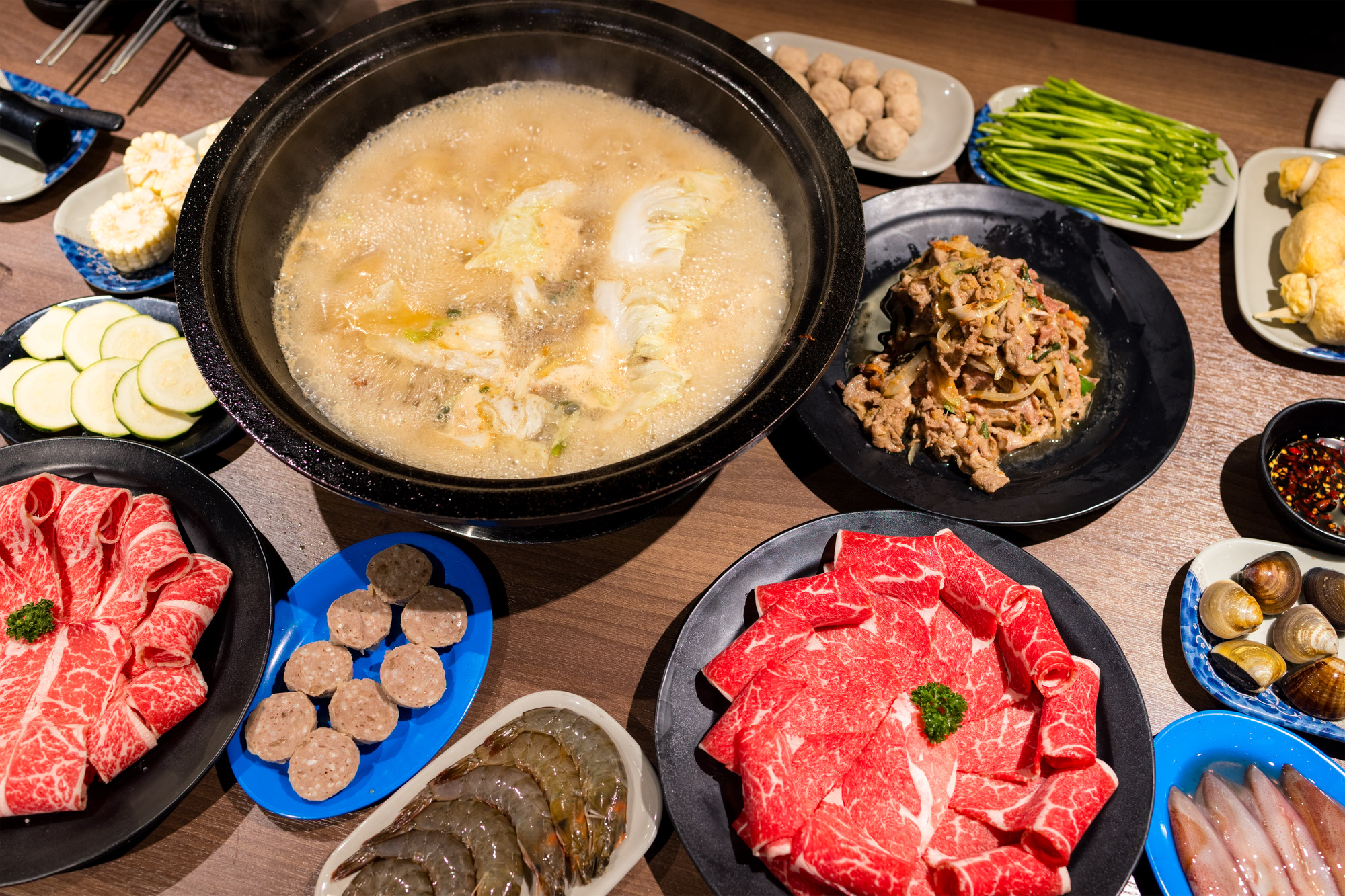
A hot pot franchise offers a unique dining experience that encourages social interaction. You’ll find that this concept thrives on customization, allowing customers to select their ingredients and broth, fostering creativity in meal preparation. This model appeals to diverse customer preferences, making it an excellent choice for franchise opportunities.
As a small business owner, you gain advantages by joining a hot pot franchise. Established brands provide proven recipes, supply chains, and marketing strategies, reducing risks associated with starting a new venture. Training and support from the franchisor can streamline operations, giving you a head start in implementing best practices.
Market trends indicate a growing love for communal dining experiences. Hot pot franchises attract customers seeking shared meals and vibrant atmospheres. You can capitalize on this trend by focusing on location selection, ensuring your restaurant is easily accessible to potential diners while considering local demographics and competition.
Menu development plays a crucial role in the success of your hot pot franchise. Offering a variety of broth bases and a wide range of ingredients enhances customer appeal. Seasonal specials can also attract repeat customers, creating a dynamic dining experience that keeps patrons coming back.
Maintaining high standards in food quality and cleanliness reinforces customer trust and loyalty. By committing to excellence in service and product offerings, your hot pot franchise can establish a strong reputation in the community. Emphasizing these aspects caters to the preferences of today’s consumers, positioning your small business for long-term success.
Popular Hot Pot Franchise Brands

Hot pot franchises offer exciting opportunities for small business owners wanting to enter the bustling dining scene. Here are two popular brands that exemplify what to expect in this market.
Brand 1: Experience and Offerings
Little Sheep Hot Pot, operated by Yum China Holdings, Inc., ranks as the world’s largest hot pot brand. Founded in 1999 in Baotou, China, it has nearly 300 locations across 120 regions and cities, including the USA, Japan, and Singapore. This franchise is celebrated for high-quality ingredients sourced globally and boasts seven magic spices for distinctive flavors. The variety of broth options ensures a nutritious and exciting dining experience for guests.
Brand 2: Unique Selling Points
Little Sheep Hot Pot’s key selling points include its rich culinary heritage and commitment to quality. The franchise emphasizes customization, allowing diners to create personalized hot pot meals that cater to individual tastes. Proven business models and attractive initial franchise fees provide aspiring small business owners with essential resources. With investment costs ranging from $100,000 to $300,000 and a monthly royalty fee of 6% of gross sales, this established brand helps mitigate risks for new franchisees.
Key Factors For Success

Several key factors significantly impact the success of a hot pot franchise. Emphasizing quality ingredients and exceptional customer experience elevates the dining experience, making your small business stand out in the competitive market.
Quality of Ingredients
Fresh and high-quality ingredients are essential for customer satisfaction. Use fresh seafood, meats, and seasonal vegetables to ensure each meal meets high standards. A stable and reliable supply chain supports your commitment to quality, allowing consistent deliverance of delicious dishes. Sourcing ingredients locally not only reduces transportation costs but also enhances freshness, which is crucial for your hot pot offerings. Authenticity in flavors and recipes is paramount; sticking to traditional methods attracts customers and builds trust in your franchise.
Customer Experience
Service quality significantly contributes to the overall customer experience. Providing exceptional service fosters customer loyalty and encourages repeat visits. Train staff to engage with diners, enhancing the communal atmosphere that hot pot dining promotes. Creating a welcoming environment where customers feel comfortable sharing meals not only boosts satisfaction but also establishes a social dining culture crucial for your small business’s growth. Prioritizing these elements ensures that your hot pot franchise captures and retains a dedicated customer base.
Challenges Faced By Hot Pot Franchises
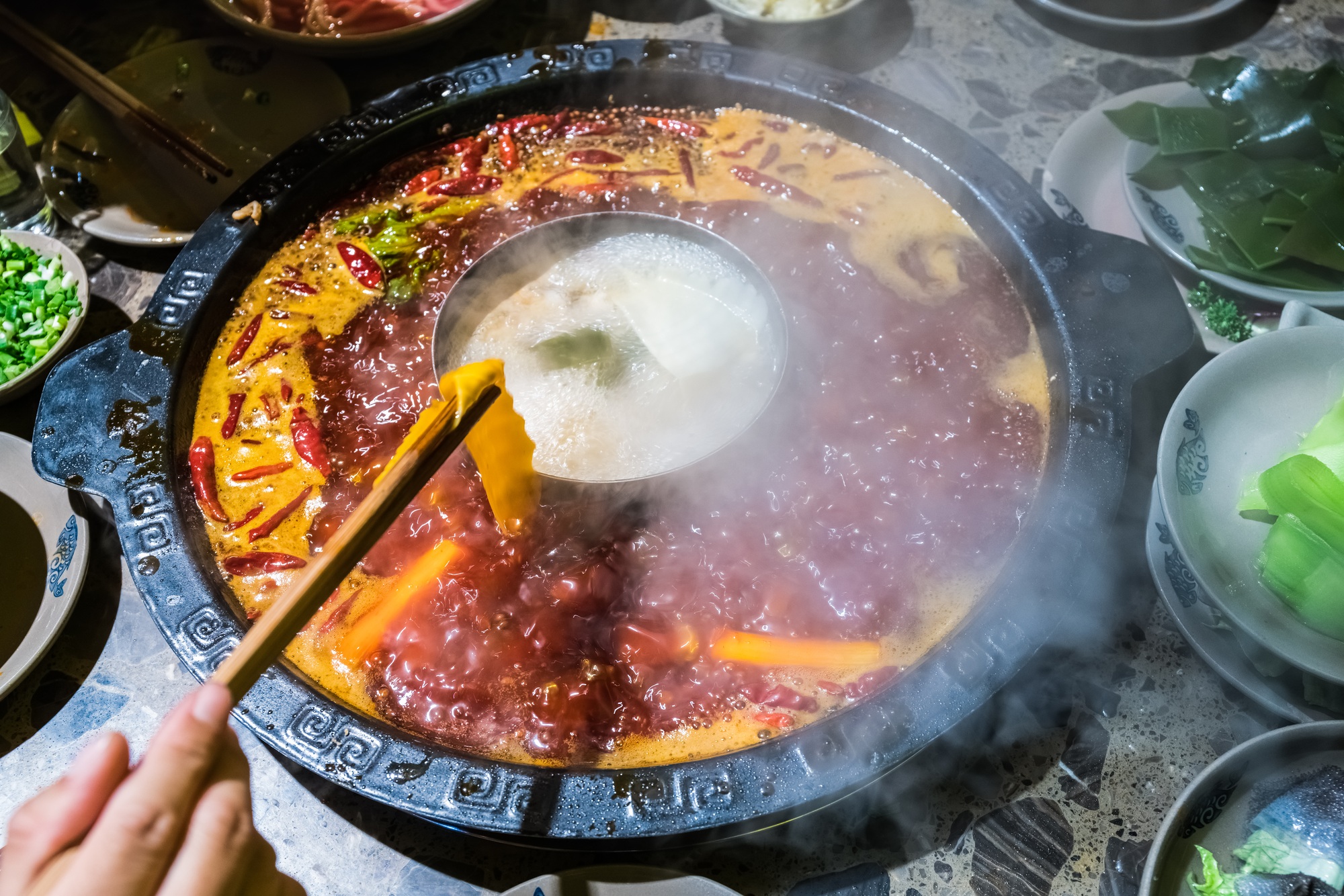
Hot pot franchises encounter specific challenges that can influence success and growth potential for small business owners. Understanding these issues is essential for navigating the competitive landscape of the food industry.
Operational Complexity
Operating a hot pot franchise demands meticulous attention to detail. You must maintain the quality of ingredients and ensure a consistent customer experience. Franchisees with limited restaurant expertise might find this overwhelming. Implementing standardized procedures and training staff effectively becomes crucial for ensuring operational efficiency and high customer satisfaction.
Location Dependency
Finding the right location is vital for hot pot franchises. High foot traffic and a customer base that appreciates hot pot cuisine define your profitability. A strategically chosen site significantly enhances your chances of attracting diners. Conversely, a poor location can hinder business growth and lead to financial difficulties, making thorough market research indispensable for small business owners.
Niche Market
Hot pot franchises typically target a niche market, which can limit your customer base in areas where this style of dining is less popular. If you operate in regions unfamiliar with Japanese or Chinese hot pot, market education becomes essential. Adapting your menu to local tastes while maintaining authenticity can enhance your appeal and broaden your potential customer base. This approach enables small business owners to tap into growth opportunities despite the niche focus.
Competition in the Market
The hot pot market has grown increasingly competitive, with various franchises and independent restaurants vying for customer attention. You must differentiate your offering through unique flavors, quality service, and innovative marketing strategies. Building a strong brand identity and leveraging social media can create awareness and attract customers, ensuring your small business stands out in this bustling market.
Supply Chain Management
Effective supply chain management is paramount for the success of a hot pot franchise. You need to establish reliable suppliers who can provide fresh, high-quality ingredients consistently. Disruptions in the supply chain can compromise your menu offerings and customer satisfaction. Streamlining procurement processes and developing strong relationships with suppliers can mitigate risks, enabling your franchise to maintain its food quality and operational efficiency.
Future Trends in Hot Pot Franchise
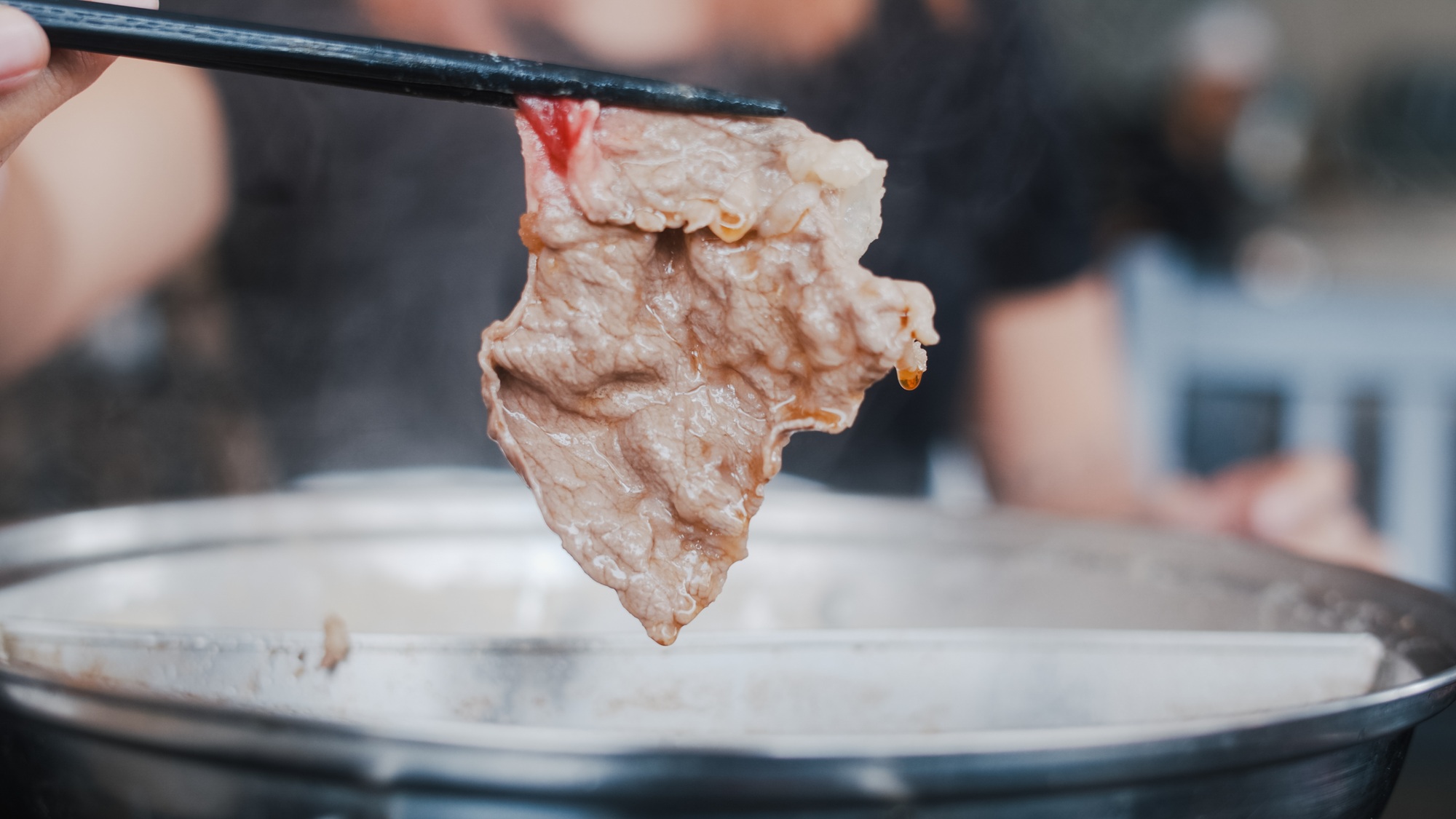
The hot pot franchise industry is evolving rapidly, driven by key trends that small business owners can leverage for success.
Personalization and Customization
The self-serve hot pot model is attracting diners by offering personalized experiences. Franchises like Big Way Hot Pot exemplify this trend. Each diner enjoys their own pot, which allows customization according to individual tastes and dietary needs. This personalization appeals to diverse customer segments including college students, young professionals, families, and food enthusiasts. You can attract more customers by emphasizing customization on your menu and marketing materials.
Technological Integration
Technology enhances the hot pot dining experience significantly. Tools such as online waitlists, digital ingredient trackers, automated payment systems, and mobile apps with loyalty features streamline operations. Such integrations improve customer engagement and facilitate smooth transactions. Implementing these technologies can make your hot pot franchise more efficient and appealing to tech-savvy consumers. By incorporating modern tech solutions, you can differentiate your franchise in a competitive market.
Conclusion
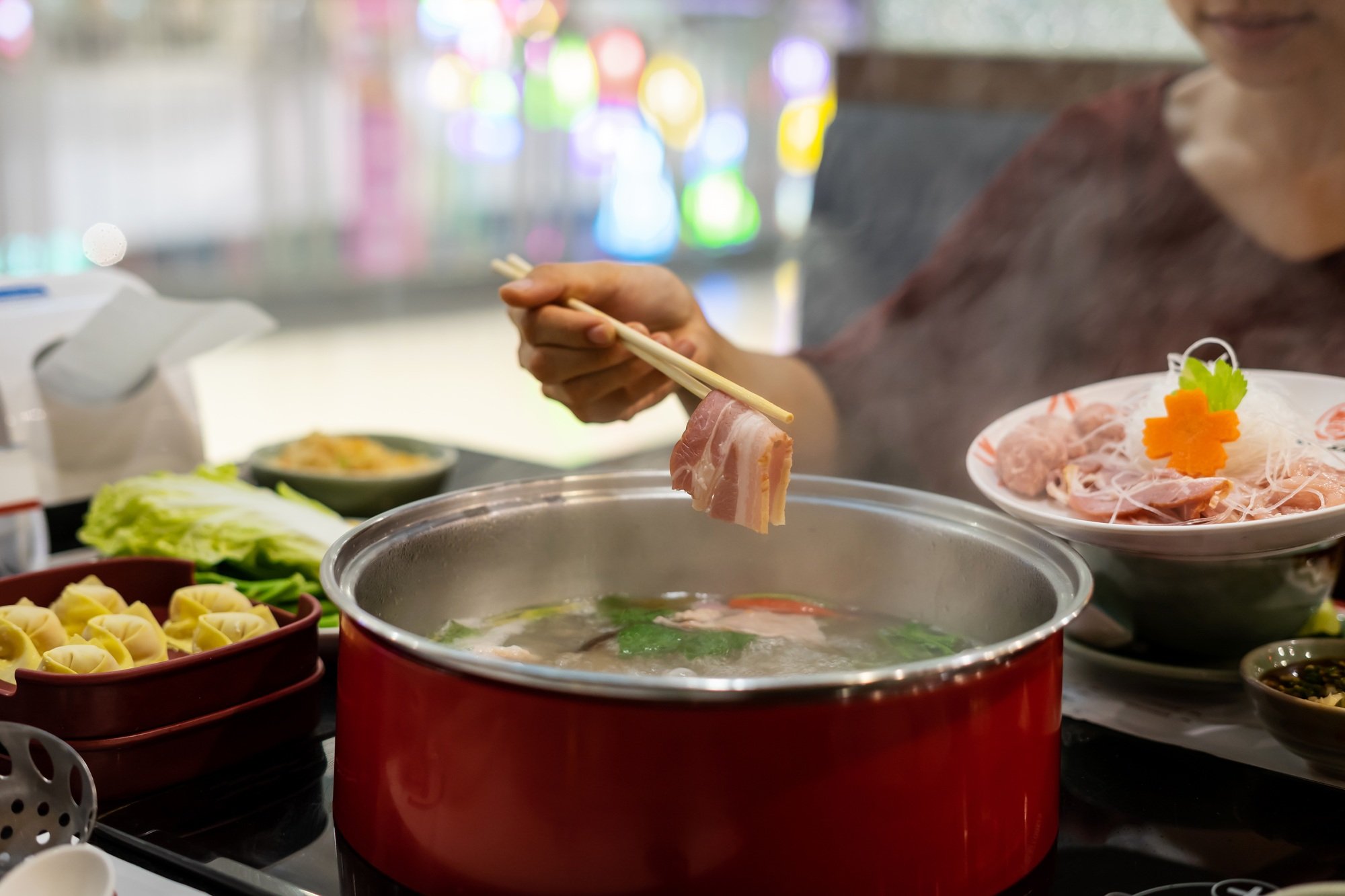
Starting a hot pot franchise can be a rewarding venture in today’s dining landscape. With the rising demand for communal dining experiences and the appeal of customization, you have a unique opportunity to attract a diverse customer base. By focusing on quality ingredients, effective supply chain management, and excellent customer service, you can build a loyal clientele and set your franchise apart from the competition.
Embracing technological advancements and innovative marketing strategies will further enhance your franchise’s appeal. As you navigate the challenges of this industry, remember that with the right approach and dedication, your hot pot franchise can thrive and contribute to the growing trend of social dining.
Frequently Asked Questions
What is a hot pot meal?
A hot pot meal is a communal dining experience where diners cook their food in a simmering pot of broth at the table. It often includes a variety of ingredients like meat, seafood, vegetables, and noodles, allowing for customization and interaction among diners.
Why are hot pot meals popular?
Hot pot meals are popular due to their social nature and the ability to personalize each dining experience. They bring people together, allowing for shared cooking and eating, which enhances the overall enjoyment of the meal.
What are the benefits of starting a hot pot franchise?
Starting a hot pot franchise offers benefits like access to established recipes, marketing strategies, and a proven business model. It can also reduce risks associated with starting a new restaurant by leveraging brand recognition and support.
What should I consider when choosing a location for my hot pot franchise?
When choosing a location for your hot pot franchise, consider factors such as foot traffic, competitor presence, and local demographics. A strategic location can significantly influence customer accessibility and overall success.
How can I create an appealing menu for my hot pot franchise?
Creating an appealing menu involves offering diverse broth options, fresh ingredients, and seasonal specials. Include a variety of choices to cater to different dietary preferences and to enhance the overall dining experience.
What are some key success factors for hot pot franchises?
Key success factors include using high-quality ingredients, maintaining a reliable supply chain, ensuring cleanliness, and delivering excellent customer service. These elements build customer trust and loyalty crucial for long-term success.
What challenges do hot pot franchises face?
Hot pot franchises face challenges like operational complexity, location dependency, and competition. Effective management of these factors, including standardized procedures and thorough market research, is essential for overcoming challenges and thriving.
How is technology changing the hot pot dining experience?
Technology is enhancing the hot pot dining experience through tools like online waitlists, digital ingredient trackers, and mobile apps. These innovations improve customer engagement and streamline operations, providing a modern dining experience.
What are future trends in the hot pot franchise industry?
Future trends include increased personalization and customization, with self-serve hot pot models gaining popularity. Additionally, leveraging technology to improve the dining experience and operational efficiency is becoming increasingly important.
Image Via Envato


